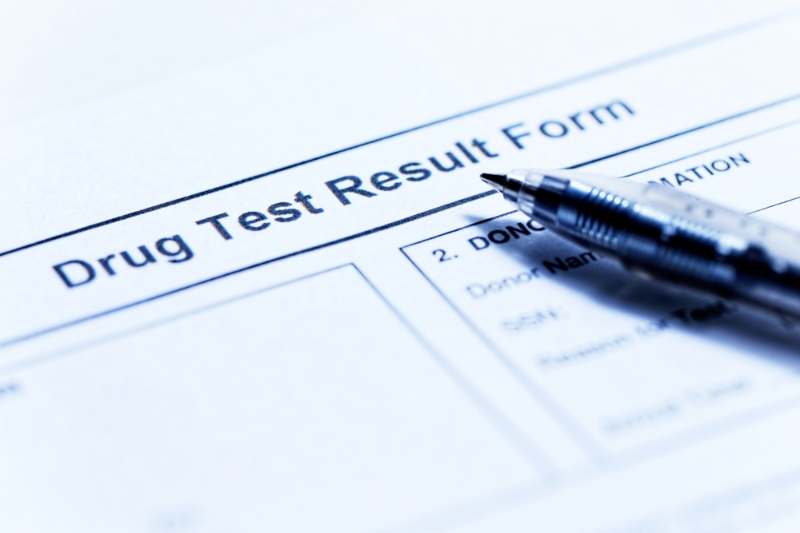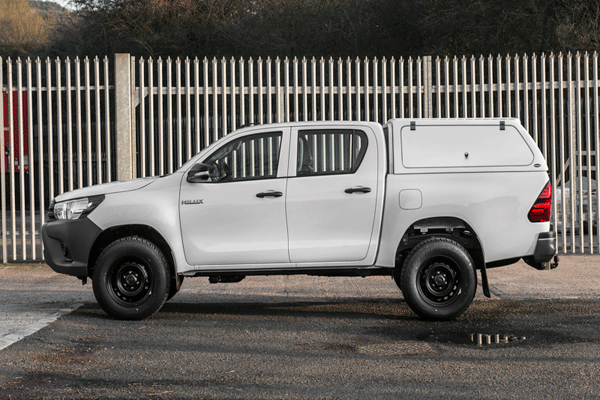Birmingham had the highest number of ultra-low emission vehicles (ULEVs) licenced at the end of Q4 2017 ' a total of 12,247 ULEVs.
As a driving force for the cause, Birmingham is to host the world's first zero emission vehicle summit in September 2018 which will focus on vehicle technology to tackle carbon emissions and ways of improving air quality.
The research by click4reg.co.uk analysed data released by the Department for Transport in Vehicle Licencing Statistics: Annual 2017.
It found Peterborough was in second place with 8,910 ULEVs. Slough (4,460), Milton Keynes (4,409) and Leeds (3,557) followed with Swindon (3,402), Bedford (1,628), Gloucester (1,552), Solihull (1,492) and Portsmouth (1,416) making up the top 10.
The local authorities in the UK, with the lowest number of registered, ultra-low emission vehicles were found to be Weymouth and Portland (53), Middlesbrough (46), Eden (46), Barrow-in-Furness (44) and West Somerset ' with 40 licensed, ULEVs in Q4 2017.
ULEVs accounted for 1.7% of all new vehicle registrations in Q4 2017 ' up from 1.2% in 2016 and 0.9% two years before.
Most of this increase was due to vehicles eligible for plug-in car and van grants. New registrations in 2017 included 46,058 cars and 1,241 LGVs of models that were eligible for these grants, which was 89% of all ULEVs registered for the first time.
The most common generic models of ULEV registered for the first time in 2017 were the Mitsubishi Outlander with 7,408, followed by the BMW 3 Series with 5,871 and the Nissan Leaf with 5,665.
The clear majority of ULEVs are hybrid electric or pure electric. At the end of 2017, 64% of licensed ULEV cars were petrol hybrid and 35% were pure electric in the UK. The remaining 1% were diesel hybrid and other technologies.






